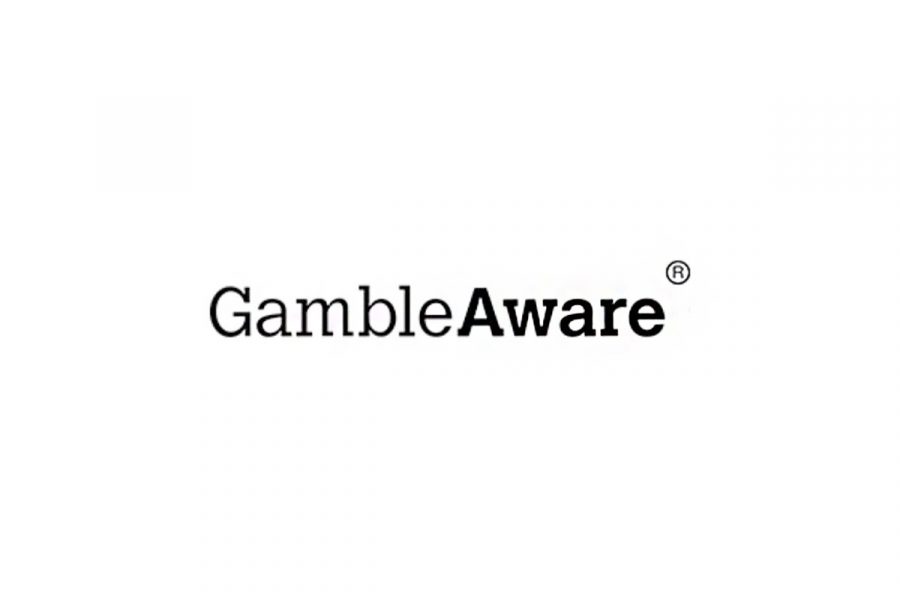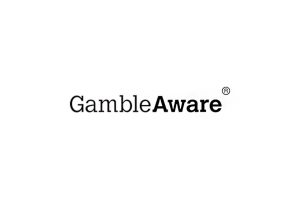GambleAware to award PhD grants for safer gambling research

The responsible gambling charity GambleAware will fund six PhD studentships at British universities and intuitions.
UK.- The responsible gambling charity GambleAware has launched a new directive to fund PhD studentships as it looks to boost its academic and research capacities.
The charity will fund three-year programmes at British universities and scientific intuitions. Institutions can apply for six grants that will be awarded to PhD students who are researching priority areas in problem gambling research, education and treatment.
Each institution may apply for up to two PhD studentship grants to award to selected students. The deadline for submissions is September 20.
GambleAware said it would award the institutions that submit the most impactful PhD programmes that aim to produce research in the areas of:
- The lived experience of communities impacted by gambling harms
- Examining women, minority communities, young people and their relationships with gambling and gambling harms
- Providing gambling harm research on ‘secluded communities’, including those in the military, those living with disabilities, minority sexualities and gender identities.
The development of the PhD scheme is a major part of GambleAware’s duties as the grant-making body for UK problem gambling support and treatment programmes.
The charity’s interim research director Alison Clare said: “This PhD grant award will go directly to universities and will help build a detailed knowledge of the experience of gambling harm within specific communities.
“It will also provide a unique opportunity for PhD students, who are at the start of their careers, to develop an expertise in an emerging field.
“They will have the chance to complete a thorough, in-depth piece of research over several years which will contribute to building the knowledge and evidence of lived experiences of gambling harms.”
GambleAware study finds safer gambling tools backfire
A study commissioned by GambleAware has suggested that existing safer gambling tools backfire and lead to fewer customers setting deposit limits.
Conducted by the Behavioural Insights Team (BIT), the study found that the safer gambling tools tested had no statistically significant impact on the amounts that players deposited, but that they led fewer customers to set deposit limits.
Last month, GambleAware published an invitation to tender to fund a £1m pilot of a residential gambling harm rehabilitation programme. It invited applications to fund residential rehabilitation for people who have suffered from gambling issues compounded with factors such as alcohol or substance misuse over three years.










